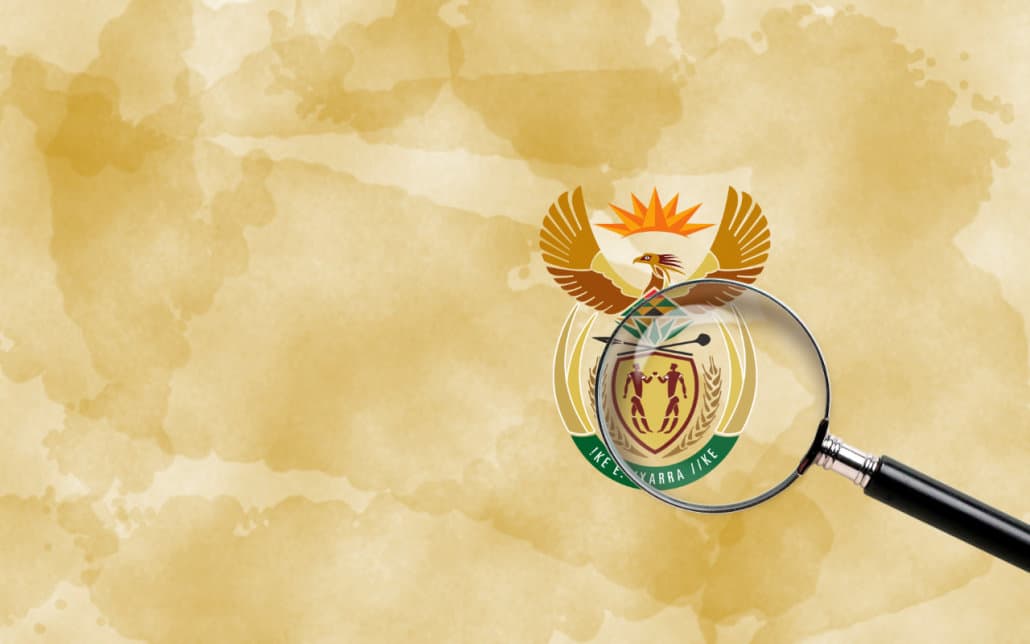Following several requests for an extension by individuals and various groups interested in contributing to the General Intelligence Laws Amendment Bill, the Ad Hoc Committee on the General Intelligence Laws Amendment Bill has resolved to extend the deadline for written submissions on the Bill from 31 January to 15 February 2024.
The extension was granted because the advertisement was published during the beginning of the holiday season in mid-December 2023. With the current extension, the advertisement would have run for almost two months, which is sufficient time for the public to make written submissions.
Unfortunately, the timeline to process the Bill coupled with the Ad Hoc Committee on the General Intelligence Laws Amendment Bill having to report to the National Assembly by 1 March 2024, implies that no further extensions may be granted.
To date, the committee has received over 6 000 written submissions. The committee kindly requests that interested individuals and groups make use of the extension to submit their written comments as well as oral submissions during its public hearings, which commenced on 22 January 2024 in Musina, Limpopo (Musina Multi-Purpose Centre). The public hearings will continue in Tzaneen (Nkowankowa Community Hall) and Lephalale (Ga-Seleka Community Hall) on 23 and 24 January 2024.
Written submissions on the Bill must be directed to Ms Alutho Sombexe, Committee Secretary, and be addressed to the Ad Hoc Committee on the General Intelligence Laws Amendment Bill, Parliament of the Republic of South Africa, PO Box 15, Cape Town, 8000, or be submitted via any of the following online platforms:
- WhatsApp to 0837098432,
- Complete the submission form on the link https://forms.gle/UAYtzsaU3LaCcvjx5, or
- E-mail to GILAB2023@parliament.gov.za.
ISSUED BY THE PARLIAMENTARY COMMUNICATION SERVICES ON BEHALF OF THE CHAIRPERSON OF THE AD HOC COMMITTEE ON THE GENERAL INTELLIGENCE LAWS AMENDMENT BILL, MR JEROME MAAKE.
NOTE ON THE GENERAL INTELLIGENCE LAWS AMENDMENT BILL:
Among others, the Bill seeks to:
- (a) restructure the intelligence services to provide an institutional architecture that enables effectiveness and efficiency by establishing the domestic intelligence agency and the foreign intelligence service;
- (b) remedy the defects on the functioning of the Signals Intelligence Capacity as confirmed by the Constitutional Court;
- (c) address the weaknesses identified through the Financial Action Task Force process, including measures to combat money laundering and terrorist financing by empowering the national security structures to investigate and conduct a security assessment if a person or institution is of national security interest;
- (d) strengthen measures to regulate and coordinate the private security industry as part of a broader national security approach; and
- (e) put in place measures to regulate the conduct of former members of the service and others with access to intelligence information.
The Bill will further ensure that the services of the State Security Agency are not abused to serve the interests or agenda of certain individuals.
The amendments will strengthen the oversight of the intelligence agencies by bodies such as the Inspector-General of Intelligence, the Joint Standing Committee on Intelligence, and the Auditor-General of South Africa.

